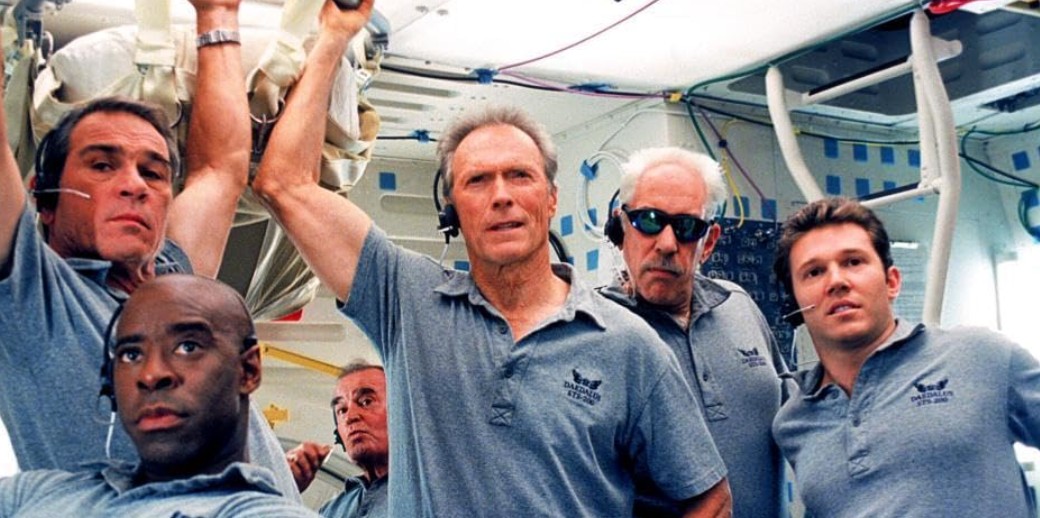When Taylor Sheridan created Yellowstone, he wasn’t simply crafting another television drama; he was consciously resurrecting a genre many had declared dead. For decades, the Western, once the backbone of American cinema, had been losing ground, pushed aside by superhero spectacles, urban crime dramas, and fantasy blockbusters. Clint Eastwood’s later-career Western efforts, while critically respected, were sometimes interpreted as both an elegy and a nail in the coffin for the genre. His 2008 film Gran Torino, though not a Western in the traditional sense, carried the DNA of his cowboy archetype into a modern setting, and its 78% Rotten Tomatoes score signaled respectable but hardly revolutionary impact. To some critics, Eastwood’s revisionist Westerns and contemporary morality tales suggested that the genre had reached its limit, that the cultural appetite for frontier grit and cowboy stoicism had waned. Sheridan, however, disagreed. He saw not a dead genre but one gasping for reinvention. His vision for Yellowstone was to merge the timeless themes of the Western—land, loyalty, violence, survival—with the sprawling, binge-worthy format of modern prestige television. Instead of dusty towns and horse-drawn standoffs, Sheridan gave viewers sprawling Montana ranches, corporate battles, political corruption, and generational trauma. In doing so, he reframed the cowboy mythos for the 21st century, tapping into anxieties about heritage, identity, and the encroachment of modernity. Sheridan proved that audiences were not tired of Westerns; they were tired of stale formulas. His characters, particularly John Dutton, embodied the rugged individualism of Eastwood’s heroes but with added psychological complexity, moral ambiguity, and vulnerability. The conflicts on Yellowstone were no longer just about outlaws versus sheriffs but about land developers versus ranchers, progress versus preservation, tradition versus change—conflicts that resonated deeply with contemporary audiences. What made Sheridan’s point so compelling was the massive success of the series. Ratings soared, streaming platforms competed for distribution rights, and spin-offs like 1883 and 1923 further cemented his case that the Western was not only alive but thriving. Sheridan’s argument was that the genre had never been inherently limited; it had merely been constrained by narrow storytelling choices. By broadening the canvas and embracing serialized television, he demonstrated that Western themes could still speak powerfully to modern audiences. In essence, Sheridan challenged the legacy of Eastwood—not by dismissing it, but by building on it. Eastwood’s films had stripped away the glamour of the Old West, showing the violence and moral grayness beneath the myth. Sheridan carried that torch forward but insisted that these stories still had relevance today, that the struggle for land, family, and survival was not locked in the past but ongoing. His success with Yellowstone is a rebuttal to the idea that Eastwood’s films had killed the Western. Instead, Sheridan proved the Western could evolve, adapt, and dominate new storytelling landscapes. Ultimately, Yellowstone is Sheridan’s declaration that Westerns never die—they just wait for someone bold enough to ride them into a new era.